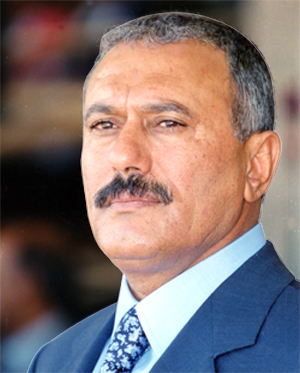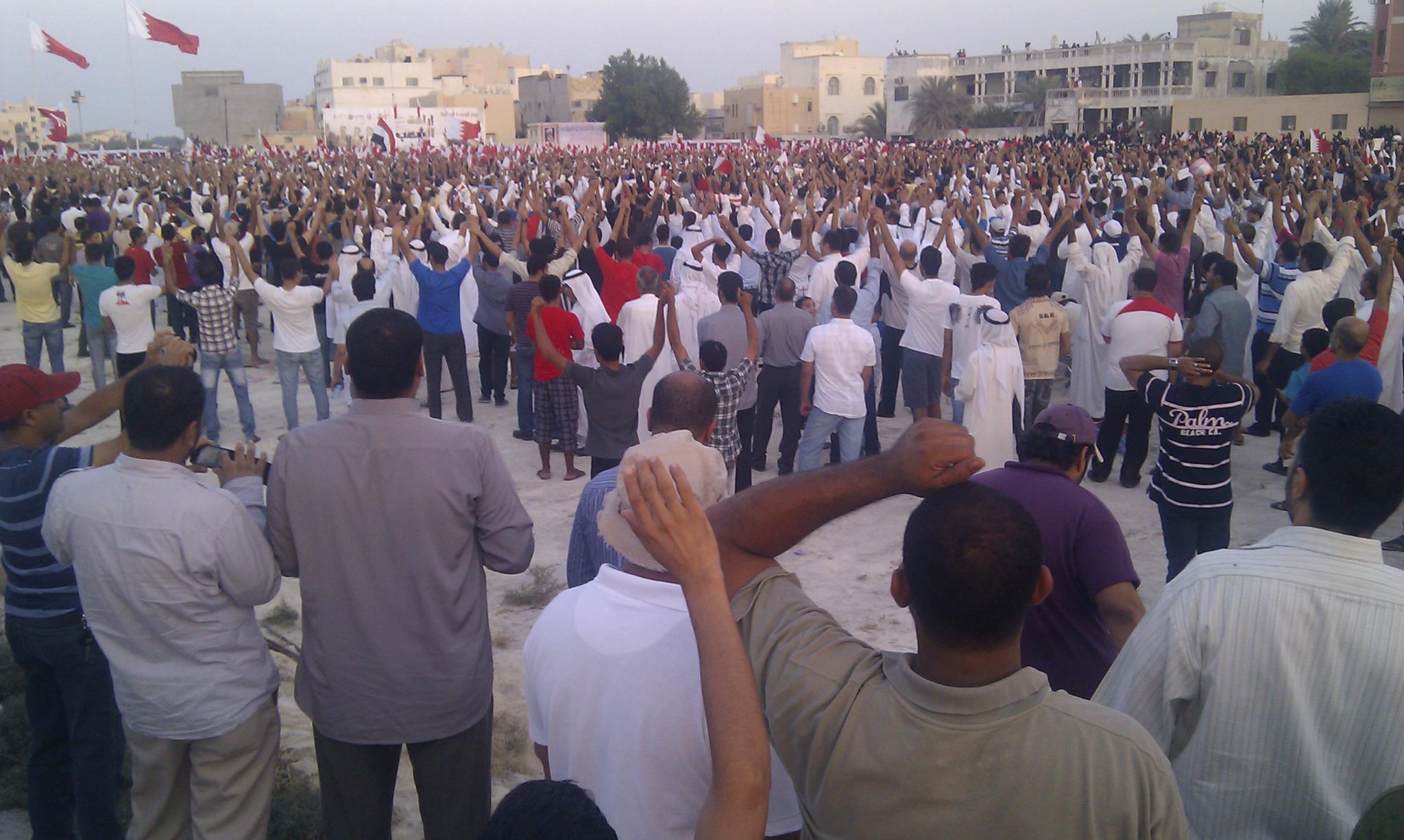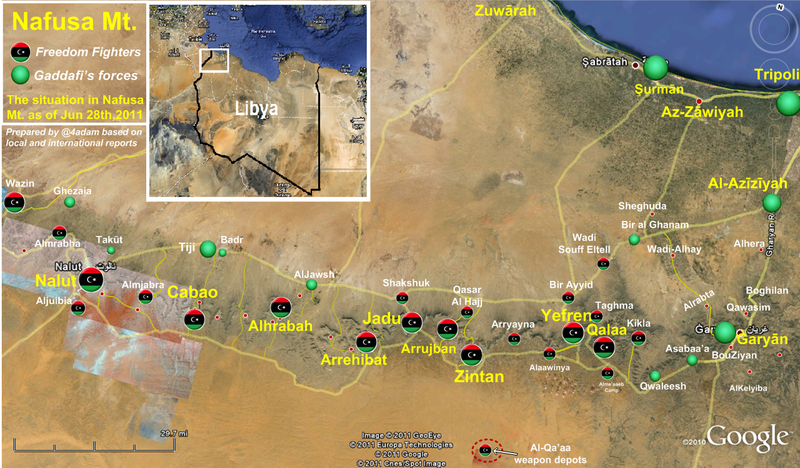Syria, Bahrain (and Beyond) Live Coverage: The Story Gets Out
 Saturday, February 18, 2012 at 12:52 |
Saturday, February 18, 2012 at 12:52 |  Ali Yenidunya in
Ali Yenidunya in  Africa,
Africa,  EA Global,
EA Global,  EA Middle East and Turkey,
EA Middle East and Turkey,  Middle East and Iran
Middle East and Iran The moment that Syrian security forces opened fire on a funeral crowd in Mezzeh in Damascus today
See also Tunisia Feature: Islamists, Faith, and Democracy
Egypt 1st-Hand: Nine Views of a Country's Future
Bahrain Movie: "Tn Tn Ttn" --- The Story of a Horn and Its Resistance
Bahrain 1st-Hand: The Deported Irish Activist's Week on the Island "They Are Slowly Killing These People"
Syria Audio Special: A Resident of Homs Speaks to EA Worldview
Yemen Interview: Nadia Al-Sakkaf "The Revolution Doesn't Relate to Daily Lives"
Friday's Syria, Bahrain (and Beyond) Live Coverage: Two More Anniversaries
2156 GMT: Scenes of clashes in Sitra in Bahrain today --- in the first, a youth is struck by fire from the police:
Youths pursue the security forces, throwing Molotovs:




